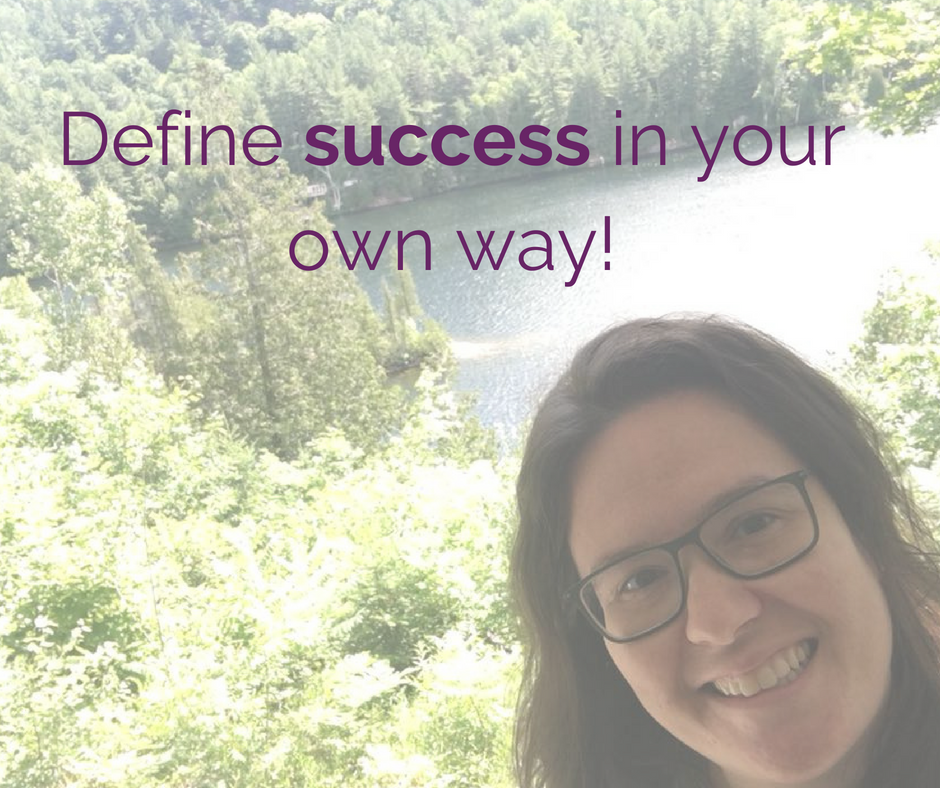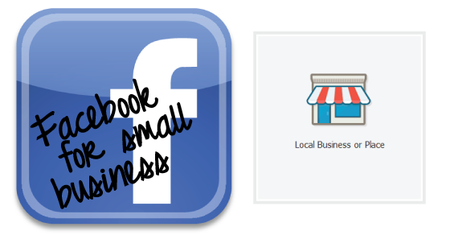What does success look like for you?
Is it a nice house with a two car garage?
Is it being a manager at work?
Is it making six figures?
Is it travelling two times a year… maybe three?
Is it simply MORE?
Success can be a bit of a sneaky/tricky/slippery beast. Why? Because we don’t really know what success means to us.
This is what *I* “knew” from growing up in my world.
Success looked like :
- Finish high school and go to university and get a degree. And then a Master’s. And then probably a PhD.
- Get a good job and move up the ranks as high as possible
- Buy a house
- Buy a car
- Get married
- Have some kids
- Buy a bigger car
- Buy a bigger house
- Keep getting promotions (you need more money)
- Provide for your kids – sports, music, all the opportunities to make them well-rounded individuals
- Go on trips – bring the kids and expose them to the world and culture
- Keep going until the kids move out, you retire, and then you’re done
Do you recognize this picture of success?
Has yours ever been like it?
I thought it was mine – but it wasn’t – I never created it, it was just what I thought I was supposed to be working towards for a really long time.
Now… don’t get me wrong. It’s not at all a bad picture. It’s a fairly nice picture to me, even as I think about it now. But I needed to make sure my definition of success and the goals I was creating for myself were MINE.
So, let’s talk about how I journeyed on this path:
I got a degree (just one) and then later I got a diploma. I travelled overseas, I bought a car, I got a job in my field, I got a promotion, I bought a house, I got married, I had a baby, and then I didn’t wan’t to go back to my job.
WHAT?!
I jumped off my path – and I was okay. I was okay with less money and “less success” because I wanted to be with my kid more. I wanted to feel less stressed and I wanted to explore the life of being an entrepreneur (I started my first business – an online clothing store – during my maternity leave).
So, I jumped off the path, but here’s what I called that.. "Choosing to not be successful right now."
But that wasn’t what that was – that was me defining what success looked like for ME. Because success was quality time with my family. It was not feeling stressed all the time. It was making sure I had the flexibility in my life to try new projects and business ideas. And by that measure, I was really successful!
As my kids got older and my businesses changed and I became a marketing coach and then a business coach, money and career success came back to the forefront. I had to re-visit what success was going to look like for me.
As an entrepreneur, a lot of what I saw in role models was to work all the time and HUSTLE to build the biggest, fastest business possible. I didn’t want that and, at first, it was hard to believe that was okay.
Because what I wanted was to work school bus hours and I wanted to take 10 weeks off a year to spend a lot of the school holidays with my kids and still have time to do things for me and with my husband.
That wasn’t what I saw as possible. I saw making lots of money and being successful or again… choosing to be less successful. So, I thought I was choosing to be okay with not being successful for awhile longer.
But really, I was simply defining what I wanted MY success to look like:
- Creating a community of support for business owners
- Coaching business women and helping guide them to a place where they love their business and are make good money doing it
- Spending time with my kids
- Spending time at the cottage
- Having the flexibility to start new projects that call to me when I want to
Women Talk Ottawa - one of the communities of support I am building
And so by that measure I AM successful... not putting it off awhile longer!
And here’s the other thing – it turns out you don’t HAVE to work crazy hours and hustle all the time to make good money. I didn’t need to sacrifice decent money to do all those things. I just needed to realize the way I was building success didn’t have to look like how others were doing it!
I am SO successful and I believe you all can be too.
I challenge you to spend some time with your vision of success.
Is the one you have now the one you created? Or is it one you inherited? Or is it one that was formed by society or family and expectations from the people around you?
What does success look like for you?
Are the things you’re striving for the things you truly want?
Something I see in a lot my work are many people living their lives on autopilot. I challenge you to ACTIVELY choose what success looks like for you – on your own terms.
It took loads of pressure off my back to know that I get to choose what success looks like to me, and it can do the same for you!











